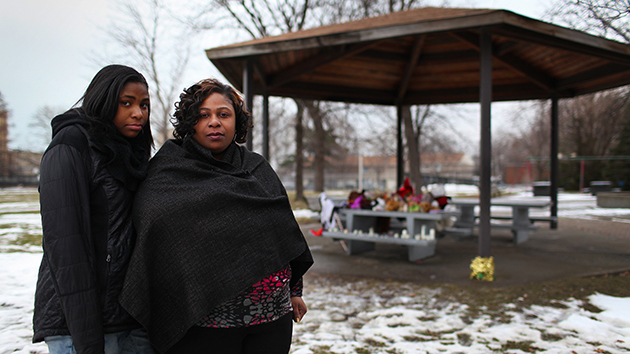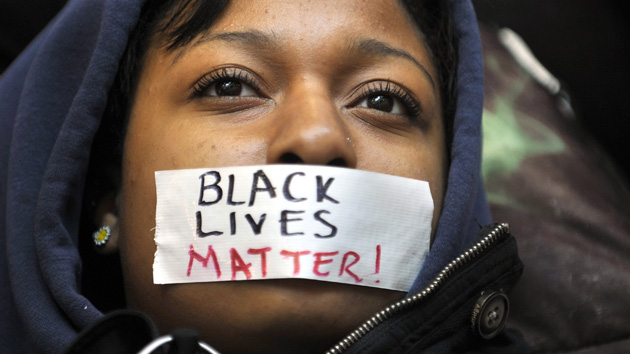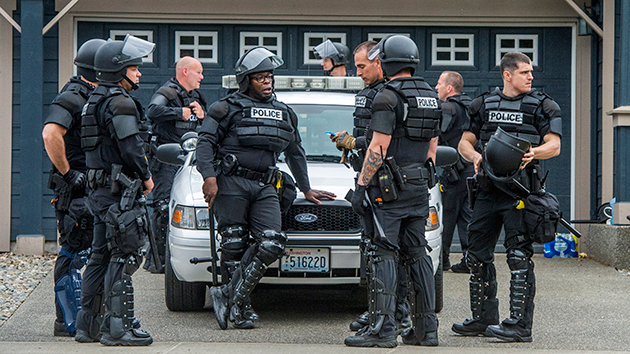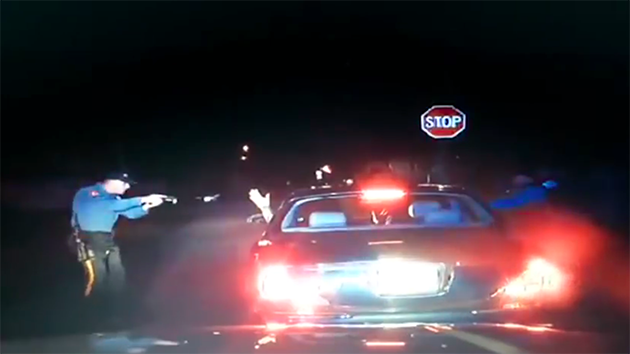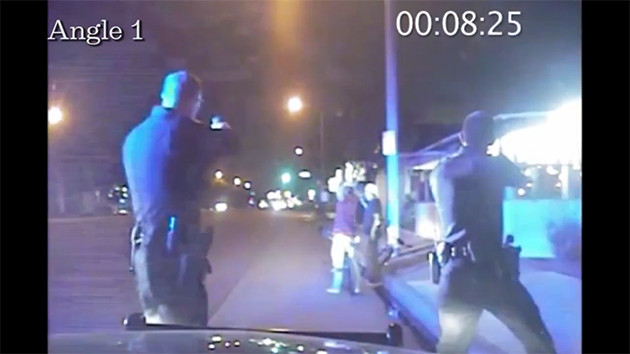
Screenshot of video obtained <a href="http://www.latimes.com/local/lanow/la-me-ln-gardena-police-shooting-experts-question-officers-tactics-20150715-story.html#page=1">by the LA Times</a>
On Tuesday, a federal court ordered the release of video showing a June 2013 police shooting in Gardena, California (a city in southern Los Angeles County) in which an unarmed man, Ricardo Diaz-Zeferino, was killed and another unarmed man wounded. Previously, an internal review by the Gardena Police Department had concluded that the shooting was justified, and prosecutors in Gardena decided not to pursue criminal charges against the officers involved. In May, the City of Gardena agreed to pay $4.7 million to settle a federal lawsuit filed by the family of Diaz-Zeferino. But the newly released police dash cam footage, first posted by the Los Angeles Times, has raised questions about the events leading up to the fatal encounter—including the potential mishandling of a 911 call, an issue that has come up with other officer-involved killings.
According to the Los Angeles Times, there may have been a miscommunication by the police dispatcher:
The shooting occurred about 2:30 a.m. on June 2, 2013, after a bicycle was stolen from outside a CVS Pharmacy on Western Avenue. A police dispatcher mistakenly told officers that the crime was a robbery, which usually involves a theft using weapons or force, and officers headed to the area in search of two suspects.
Gardena police Sgt. Christopher Cuff saw two men riding bicycles east on Redondo Beach Boulevard. The men were friends of the bike theft victim and were searching for the missing bicycle. Mistaking them for the thieves, Cuff ordered the men to stop and put their hands up, according to a district attorney’s memo written by a prosecutor who reviewed the police videos.
The Gardena killing is the latest in a string of high-profile police shootings captured on video, which have brought scrutiny on police tactics and procedures. With the Tamir Rice shooting in Cleveland, evidence emerged that the dispatcher who relayed the 911 call did not include potentially key details about the suspect, as Mother Jones previously reported. And according to a recent Washington Post data investigation of police shootings of mentally ill suspects, “officers are routinely dispatched with information that is incomplete or wrong.”
